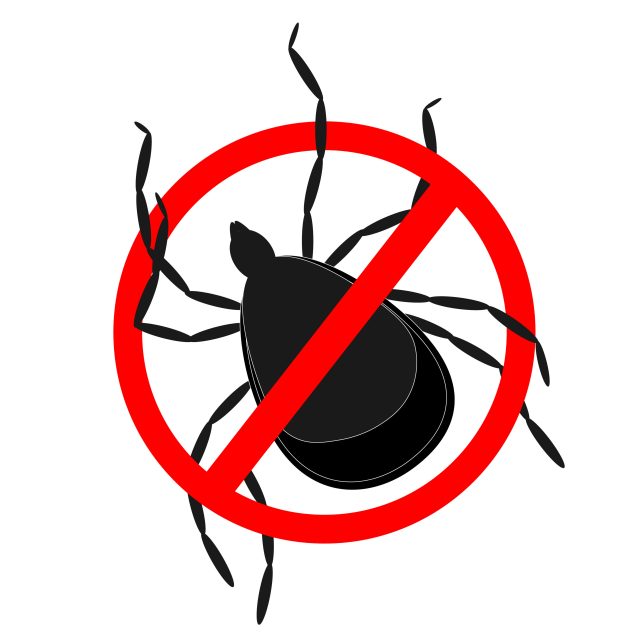Course Summary
Ticks feast on the blood of specific host animals and humans. During the time they feed, they can transmit bacteria, viruses, or parasites to their host. These bacteria, viruses, or parasites may lead to illness and disease in humans and domestic animals. The detection and prevention of tick-transmitted diseases are important health and safety concerns. Knowledge about the types of ticks, their habitats, and the diseases they can transmit are essential to an effective detection and prevention approach to tick-transmitted diseases. If a tick does attach to a host, the proper removal of the tick, diagnosis of a tick-transmitted disease, and the treatment of the disease are necessary for effective healthcare and positive patient outcomes.
Course Format
Homestudy
Learning Objectives
- To educate health clinicians on the types of ticks, the geographical region where certain species of ticks are found, the disease each tick species may transmit, and the differential diagnosis and treatment of a tick-borne illness.
Course Syllabus
- Introduction
- Ticks: Habitats and Behaviors
- Life Cycle and Reproduction of Ticks
- Types of Ticks and Disease Transmission
- Hard Ticks
- Soft Ticks
- Tick Season
- Tick Removal, Cleaning Bites, and Tick Disposal
- Prevention of Tick Bites
- Common Tick-borne Illnesses
- Lyme Disease
- Southern Tick-associated Rash Illness
- Rocky Mountain Spotted Fever (RMSF)
- Ehrlichiosis
- Tularemia
- Babesiosis
- Colorado Tick Fever
- Rickettsia Parkeri Rickettsiosis
- Tick-borne Relapsing Fever
- Powassan Virus
- Heartland and Bourbon Virus Diseases
- Borrelia Miyamotoi Disease
- Anaplasmosis
- Tick Paralysis
- Prevention of Tick-borne Disease
- Case Study: Lyme Disease
- Discussion
- Summary
Author
Kellie Wilson, PharmD
Kellie Wilson is a Doctor of Pharmacy practicing in Anaconda, Montana, where she lives with her husband and four children. She attended the University of Montana in Missoula where she graduated in 2009 with a doctorate in pharmacy. She later worked in Boise, Idaho for a large, retail pharmacy for 2 years, and then returned home to Montana to oversee an independently owned retail and long-term care pharmacy in Anaconda. As an independent retail pharmacist she has become very involved in psychiatric pharmacy for two major behavioral health organizations that are located around all of Montana. Kellie’s passion is retail pharmacy because she enjoys the interactions with customers as well as the challenges and rewards of staying current with the continuous changes in the pharmacy field.


